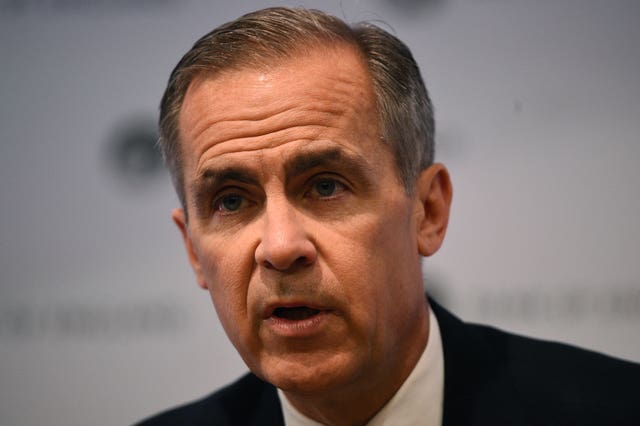Facebook ‘aims to launch cryptocurrency early next year’
The social network has reportedly been in talks with Bank of England governor Mark Carney.

Facebook is edging closer to starting its own cryptocurrency, with an aim to launch as soon as next year, a report has claimed.
Chief executive Mark Zuckerberg is thought to have met Bank of England governor Mark Carney last month to discuss the plans, according to the BBC, as well as speaking to the US treasury and firms such as Western Union, to develop an affordable way for people to send money between each other.
Dubbed GlobalCoin, testing will reportedly kick off at the end of the year ahead of a slated roll-out to about a dozen countries in the first three months of 2020.
The social network has long been rumoured to be exploring a digital currency, after hiring former PayPal president David Marcus in 2014 to run its Messenger app.

When asked for comment, Facebook repeated previous statements, saying: “Like many other companies Facebook is exploring ways to leverage the power of blockchain technology.
“This new small team is exploring many different applications. We don’t have anything further to share.”
The US senate and banking committee has expressed concern about reports of Facebook entering the digital currency business, writing an open letter earlier this month asking for clarity on privacy and consumer protections, and how it handles people’s financial information.
Facebook, which also owns Instagram and WhatsApp, recently set out a vision to unify its collection of messaging services with a more privacy-driven approach to social networking.
It would not be the first time the social network has tried its hand at a digital currency, having run Facebook Credits until 2013, allowing people to buy in-app items through Facebook.
However, this new effort would go beyond the digital world, allowing users to buy goods and services in the real world, pegged against an established currency, such as the US dollar, the euro and the Japanese yen, for stability.





